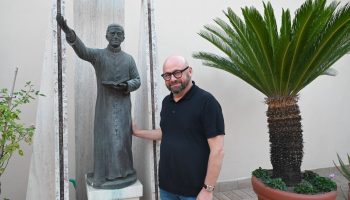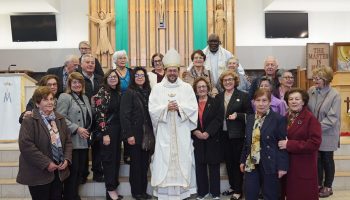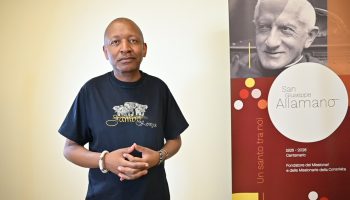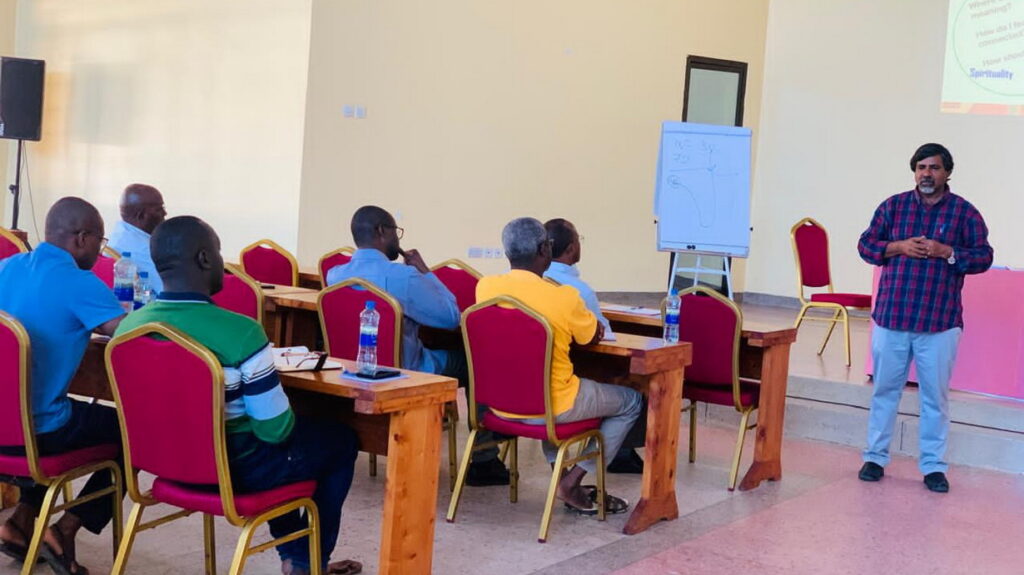
The ongoing formation course for the IMC formators of the Africa Continent, that took place from 7th to 12th of July at Bunju, Tanzania, addressed various topics. Fr. Augustine Sellam, SDB, led a reflection on the role of the formator for the present time; “Forming is not a burden, rather a challenge that needs to be faced”, emphasized.
By Paulino Madeje *
Fr. Augustine began his reflection by exploring the nature of youth today, comparing their journey to the migration of birds, moving not just for survival or habit but to seek new experiences, despite the comfort of the familiar and the fear of the unknown. This metaphor highlights the challenge and necessity of change in formation.
He urged formators to rethink their approach, questioning whether traditional methods can adapt to better understand and engage with young people in the current context. The contemporary youth come with unique challenges: their backgrounds, identities, and experiences are shaped by a rapidly changing world.
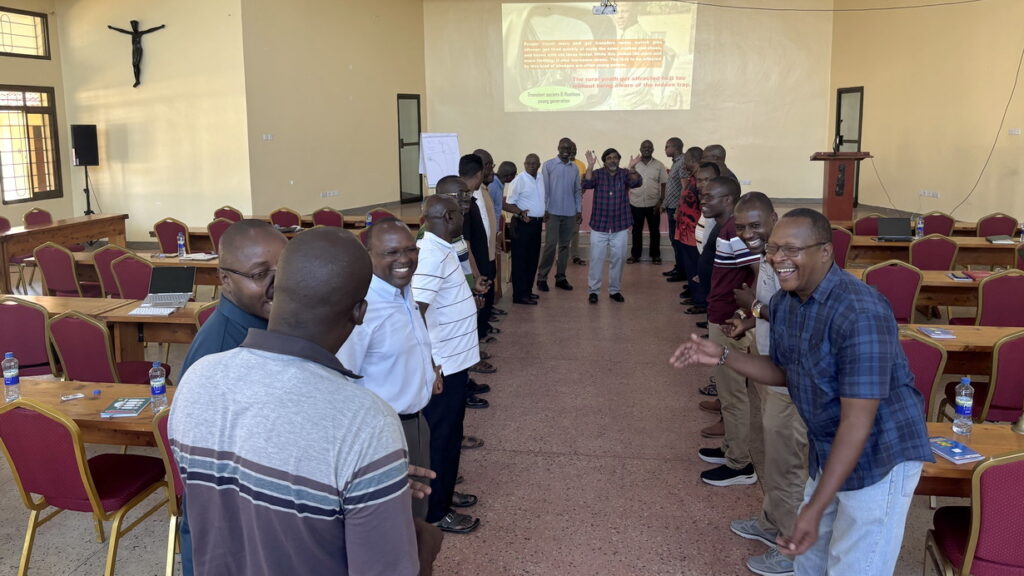
Drawing from the scriptural story of the disciples on the road to Emmaus, Fr. Sellam pointed out that young people often enter formation full of hope but may become disillusioned. Many misconceptions exist about youth such as them being rebellious, disinterested in religion, or lacking clear goals but these generalizations miss the complexity of their reality.
Defining youth is itself complicated. Age ranges vary, and in Africa, young people face distinct challenges like a population boom with scarce resources, a transient lifestyle causing rootlessness, and the tension between spirituality and organized religion. The digital age adds another layer: it offers incredible connectivity but also risks of loneliness and exploitation.
Given these realities, Fr. Augustine insisted that the pastoral task is to move beyond ignorance and outdated formation methods. “Formators must walk alongside youth, listen to their worldview, teach, enlighten, and build trust through genuine relationships”, he said. Vocational development impacts the individual’s environment family, society, the congregation and demands growth in spiritual, social, intellectual, and physical dimensions to shape a well-rounded charismatic identity.
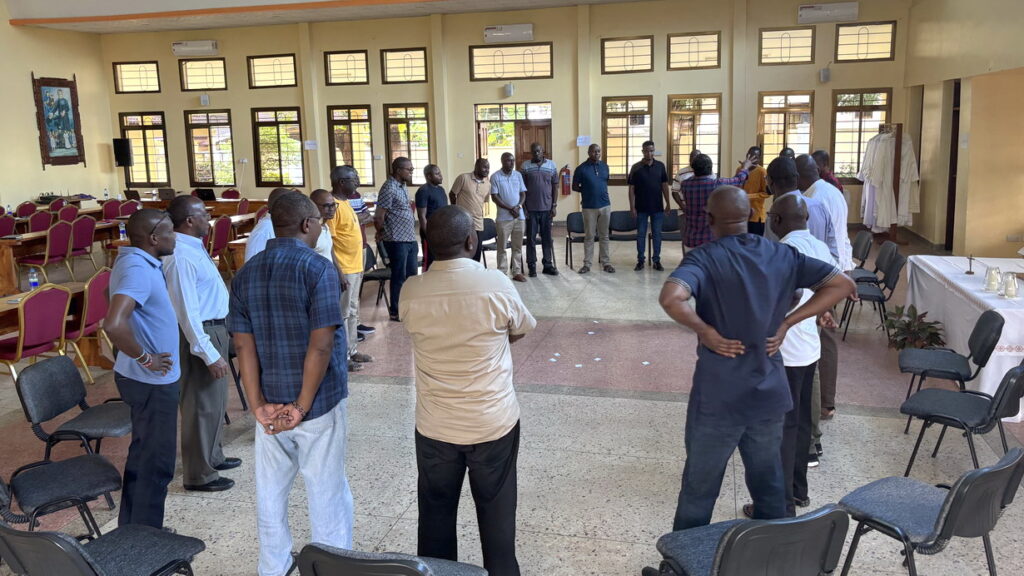
Fr. Sellam outlined a threefold formation focus: personal growth (character development), community living (social skills), and social awareness (compassion for society’s realities). He envisioned the ideal formee as someone reflective, discerning, courageous, self-critical, team-oriented, patient, and committed to justice and solidarity with the marginalized. This person balances paradoxical traits—like being a “creative misfit” or “obedient rebel” and evolves from intelligence to wisdom, activism to deep commitment, charity to justice, ritual to spirituality, and individualism to community building.
He added that formation today faces numerous challenges: helping youth clarify and purify their motivations, nurturing intellectual curiosity, fostering freedom and responsibility, and ensuring formation is culturally relevant and aligned with the society’s mission. It also requires equipping youth to resist the negative impacts of globalization and to develop a deep, personal love for Jesus that challenges and sustains them.
Fr. Sellam concluded by inviting the formators to personally reflect on their practices, challenges, and future directions, emphasizing quality accompaniment over mere numbers and encouraging ongoing discernment in forming today’s youth.
* Father Paulino Madeje, IMC, Tanzania. Coordinator of Communication for Africa.

